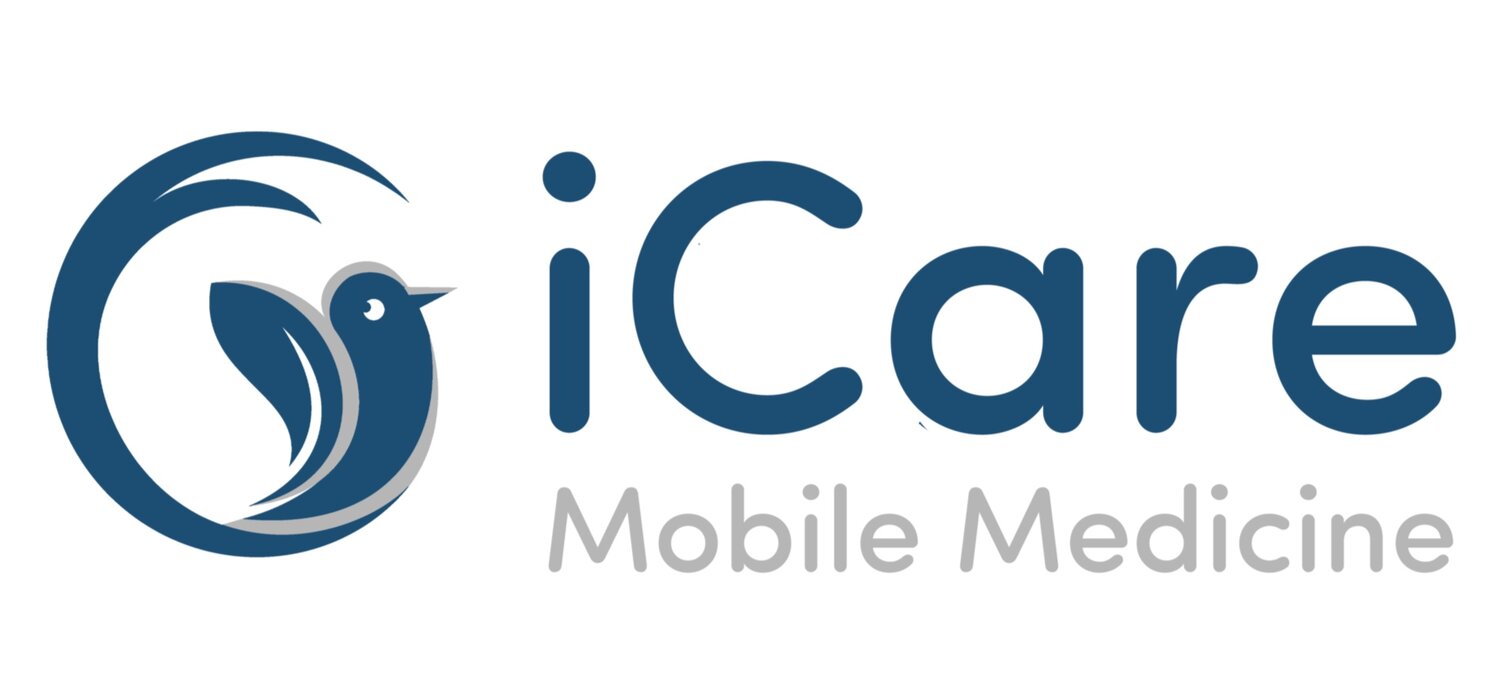Back pain
Back pain is one of the most common reasons people go to the doctor or miss work, and it is a leading cause of disability worldwide.
Fortunately, you can take measures to prevent or relieve most back pain episodes. If prevention fails, simple home treatment and proper body mechanics often will heal your back within a few weeks and keep it functional. Surgery is rarely needed to treat back pain.
Back pain symptoms
Symptoms of lower back pain can come on suddenly or appear gradually. Sometimes, pain occurs after a specific event, such as bending to pick something up. Other times, you may not know what caused the pain.
Pain may be sharp or dull and achy, and it may radiate to your bottom or down the back of your legs (sciatica). If you strain your back during an activity, you may hear a “pop” when it happened. Pain is often worse in certain positions (like bending over) and gets better when you lie down.
Other symptoms of lower back pain include:
Stiffness: It may be tough to move or straighten your back. Getting up from a seated position may take a while, and you might feel like you need to walk or stretch to loosen up. You may notice decreased range of motion.
Posture problems: Many people with back pain find it hard to stand up straight. You may stand “crooked” or bent, with your torso off to the side rather than aligned with your spine. Your lower back may look flat instead of curved.
Muscle spasms: After a strain, muscles in the lower back can spasm or contract uncontrollably. Muscle spasms can cause extreme pain and make it difficult or impossible to stand, walk or move.
When to seek care
Most back pain gradually improves with home treatment and self-care, usually within a few weeks. Contact your doctor if your back pain:
Persists past a few weeks
Is severe and doesn't improve with rest
Spreads down one or both legs, especially if the pain extends below the knee
Causes weakness, numbness or tingling in one or both legs
Is accompanied by unexplained weight loss
In rare cases, back pain can signal a serious medical problem. Seek immediate care if your back pain:
Causes new bowel or bladder problems
Is accompanied by a fever
Follows a fall, blow to your back or other injury
Resources:
